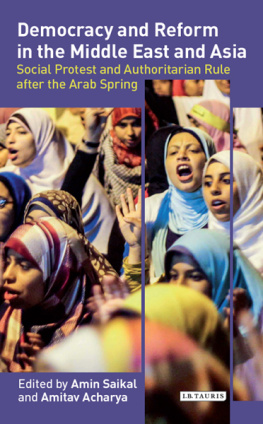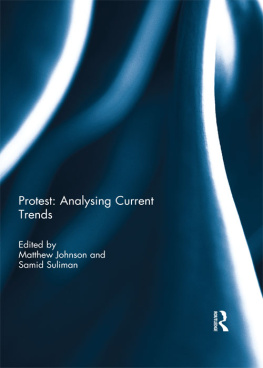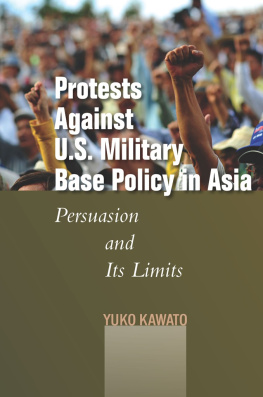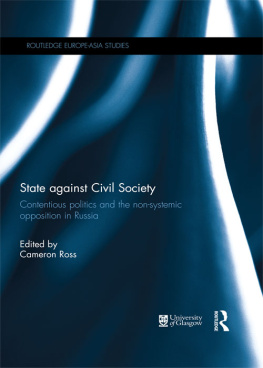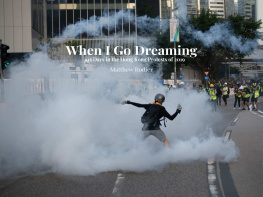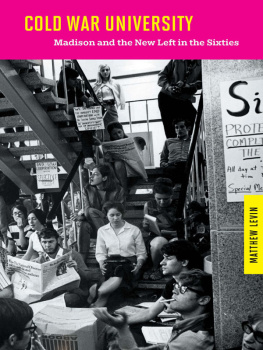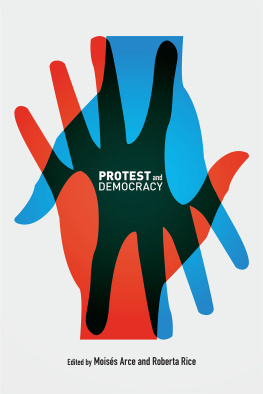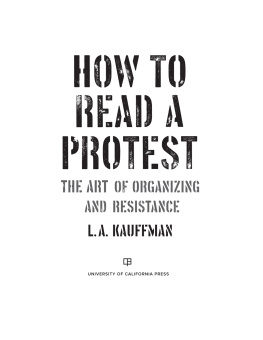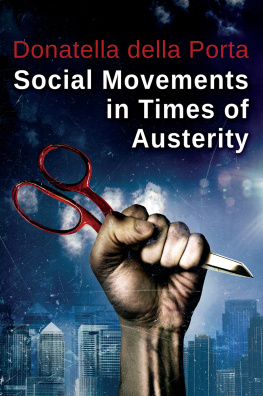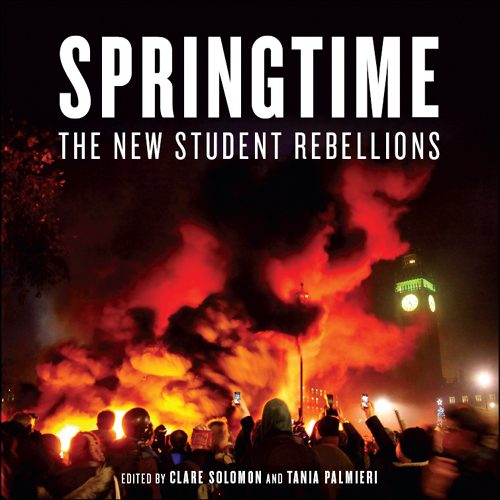SPRING TIME

SPRING TIME
The New Student Rebellions

EDITED BY CLARE SOLOMON AND TANIA PALMIERI

First published in English by Verso 2011
The collection Verso 2011
Individual contributions The contributors 2011
Translation, Section 2 Arianna Bov and Pier Paolo Frassinelli
All royalties will be donated to PalestineConnect
www.palestineconnect.org
Every effort has been made to obtain permission to use copyright material, both illustrative
and quoted, in this book. Verso apologizes for any omissions in this regard and will be
pleased to make the appropriate acknowledgements in future editions.
All rights reserved
The moral rights of the authors have been asserted
1 3 5 7 9 10 8 6 4 2
Verso
UK: 6 Meard Street, London W1F 0EG
US: 20 Jay Street, Suite 1010, Brooklyn, NY 11201
www.versobooks.com
Verso is the imprint of New Left Books
E-BOOK ISBN: 9781844678242
British Library Cataloguing in Publication Data
A catalogue record for this book is available from the British Library
Library of Congress Cataloging-in-Publication Data
A catalog record for this book is available from the Library of Congress
Typeset by Hewer Text UK Ltd, Edinburgh
Printed in Great Britain by Bell & Bain Ltd, Glasgow
CONTENTS
We Felt Liberated
Clare Solomon
The Rebellion in Context
James Meadway
Flashback: Capitalisms Discontents
Eric Hobsbawm
Education Cuts, Class and Racism
Kanja Sessay
Past and Present: The London School of Economics
Ashok Kumar
Lecturers, Defend Your Students!
Nina Power
Albion Rose
Susan Matthews
Rebirth of Student Activism
Hesham Yafai
A New Strategy Is Needed for a Brutal New Era
Peter Hallward
Flashback: Kettling, Berlin style 1967
Fritz Teufel
Who Can Pay for the Deficit?
John Rees
We Will March
Noel Douglas
Flashback: The Changing Role of the Bourgeois University
Ernest Mandel
SOAS: School of Activism Studies
Elly Badcock
The Significance of Millbank
James Haywood
The Art of Occupation
Jo Casserly
My Wheelchair Is the Beginning
Jody McIntyre
Further Education
Joe Harvey, Kaity Squires, Stuart OReilly and Adam Toulmin
Cambridge, Day X One
Amy Gilligan
The Factory of Precarious Workers
Giulio Calella
There Is Something New in the Air
Marco Bascetta and Benedetto Vecchi
An Afternoon of Guerrilla Activity
Giacomo Russo Spena
Photo Essay: Occupied Department of Literature, La Sapienza University, Rome
Martina Cirese
From the University in Revolt: A Students Letter to Berlusconi
Elisa Albanesi
Who Is the Black Block? Where Is the Black Block?
Autonomous University Collective
Flashback: Struggle Against Capitalism in Italy: A Political Manifesto
Vittorio Rieser
Introduction
Evan Calder Williams
From Hanoi to the Magic Kingdom, and Back Again (Puerto Rico)
Jos Laguarta
French Lessons: The Struggle Goes On
Sebastian Budgen
Flashback: Strategy and Revolution in France
Andr Glucksmann
New Class Struggles in France
Larry Portis
Update
Richard Greeman
Flashback: 1968
Angelo Quattrocchi
Photo Essay: Springtime in France
Lea Guzzo
The First Big Wave: 200607
Spyros Dritsas and Giorgos Kalampokas
The Second Wave: 201011
Ilias Kefalas
The December Explosion
Eirini Gaitanou
Youth Unrest in Greece
Panagiotis Sotiris
He Who Cultivates Thorns Will Reap Wounds
Leila Basmoudi
The Uprising of Tunisias Young People Is a Real Political Rebellion
Taoufik Ben Brik
The Tunisian Revolution: a Source of Inspiration to Our Quartiers
Parti des Indignes de la Rpublique
A Mafia-like Dictatorship
Moncez Marzouki
The Revolution of Dignity
Sadri Khiari
Social Revolts in Algeria and Tunisia
Yassin Temlali
A New Era, or More of the Same?
Yassin Temlali
Radicalization of the Youth Movement in Algeria
Omar Kitani
An Open Letter
Amin Allal
Photo Essay: Tunis, January 2011
Nasser Nouri
Postscript: Egypt Awakens Mubarak, Your Plane is Waiting
Adam Shatz

INTRODUCTION
Our rulers thought that now was the perfect moment drastically to restructure higher education (and much else besides) by institutionalizing a form of specialization that simultaneously imparted ignorance and knowledge, and restricted higher education by imposing a financial bar. They hoped that students would drown in specialized research and ignore the fact that their intellectual development was being stunted. Education has never been delinked from the overall structures and needs of a society, whatever its character, but students have often transcended the limitations imposed on them. Western universities changed dramatically over the last sixty years as the postSecond World War period ushered in reforms that included the right to a free education for all, paving the way for a huge expansion of the universities.
Before the twentieth century, the British state (and its peers elsewhere) had existed to protect property and privilege, and educated those who agreed to do the same. Unsurprisingly, education was a preserve of the well-off and the church orders that buttressed and spiritually nourished injustice and inequality. The democratic rights fought for by the Chartists and the suffragettes for over a hundred years included the right to vote. Free education came later and now, theyre taking it away again. The resulting tension has produced an opposition from below, a resistance that is also premonitory. For if a good education is once again to become the preserve of a few, might this not herald a further hollowing out of the democratic process itself, already in a bad way with moderate Republicanism an agreed consensus in the States, and its equivalents in Britain and in Europe? The students who marched on the streets to protect their rights are fighting for something larger.
The governors of Britain were not prepared for the response that greeted its austerity measures. This book that Verso is proud to publish consists largely of accounts by student participants in the wave of struggles that have stretched from the West Coast of the United States to much of Western Europe. It is a chronicle, but not just a chronicle. It is the formulation of an experience. We hope that its cumulative impact will be to develop alternatives that challenge the priorities of capitalist society. What is this society that, having promised and for a time provided its citizens many satisfactions, now threatens to turn around and crush them if they demand rights that were once taken for granted?
It is too early yet to draw any definitive conclusions as to the final outcome of the resistance against capitalisms assault on students and the underprivileged, but the fact that a new generation is learning, through its own experiences, the priorities of the world in which they live, augurs well for the future. We no longer live in a time where capitalism guarantees full employment. Many who graduate will be without work and thus difficult to integrate as was the case with the student generation of the 1960s and 1970s. Times are much harsher now, not because they need to be, but because Capital determines the conditions under which we live.


